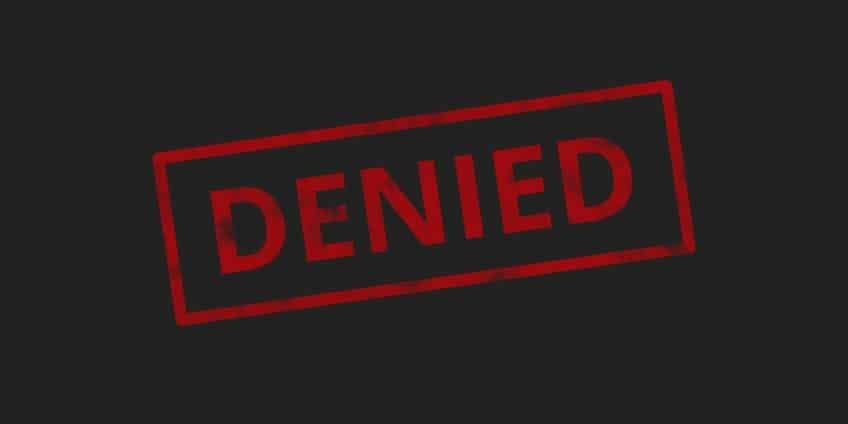$52 Million Verdict For Ocala Family
Insurance Bad FaithA total of $51,813.591 was awarded among six family members involved in a 2013 car accident in Marion County. They were struck from behind while at a red light at the intersection of SE Maricamp Road and 31st Street in Ocala, Florida when Nathan Pyles failed to stop.
The accident caused severe injuries to a mother and her children, including traumatic brain injury. Of the most severe injuries, a 7-year-old (almost 2 at the time of the accident) was left paralyzed losing the use of hands and bladder control. The family’s past medical expenses are about $500,000 while a life care plan for two of the children was estimated at $15.5 million. Counsel for the family was Ervin Gonzalez.
This Verdict Is An Example Of The Civil Justice System Working
This verdict is a success for all of the people who have been severely injured in car accidents. As a personal injury attorney, I have seen the insurance companies repeatedly deny, delay, and defend cases hoping that the plaintiffs will go away. However, what remains to be seen in whether this family will actually collect the verdict. The driver in this case almost certainly does not have assets or insurance coverage to pay this verdict.
So What Happens Next?
After the trial, the judge will make all mandatory “set-offs” required by Florida law. These are reductions made to the verdict for things such as write-offs and write-downs of medical bills and reducing future damages to present value (i.e. the amount of money you would need now that will pay the full amount later, if prudently invested). Thereafter, a civil judgment will be entered by the judge for a specific amount with post-judgment interest, taxable costs, and payable by periodic payments.
So What Happens If The Driver Can’t Pay The Judgment?
Since uninsured motorist coverage is not listed, I have to assume that there is no such coverage in this case. Therefore, this case is likely a case of insurance bad faith in Florida. In these scenarios, it is common to see the insured (at-fault driver) agree to assign over any right to sue his insurance company over to the plaintiffs. Thereafter, the original plaintiffs would sue the at-fault driver’s insurance company for a breach of fiduciary duty to protect him from civil judgment. In doing this, there has to be an assumption that the original plaintiffs would have accepted the at-fault driver’s policy limits had they been timely offered by the insurance company.
Talk A Lakeland Insurance Bad Faith Attorney For Help With Your Case
If your case involves an insurance company that has not been honest or fair, you should contact a Lakeland insurance bad faith attorney to discuss whether you have a case for bad faith against the insurance company. Your claim may be first party or third party. An appointment is free.


